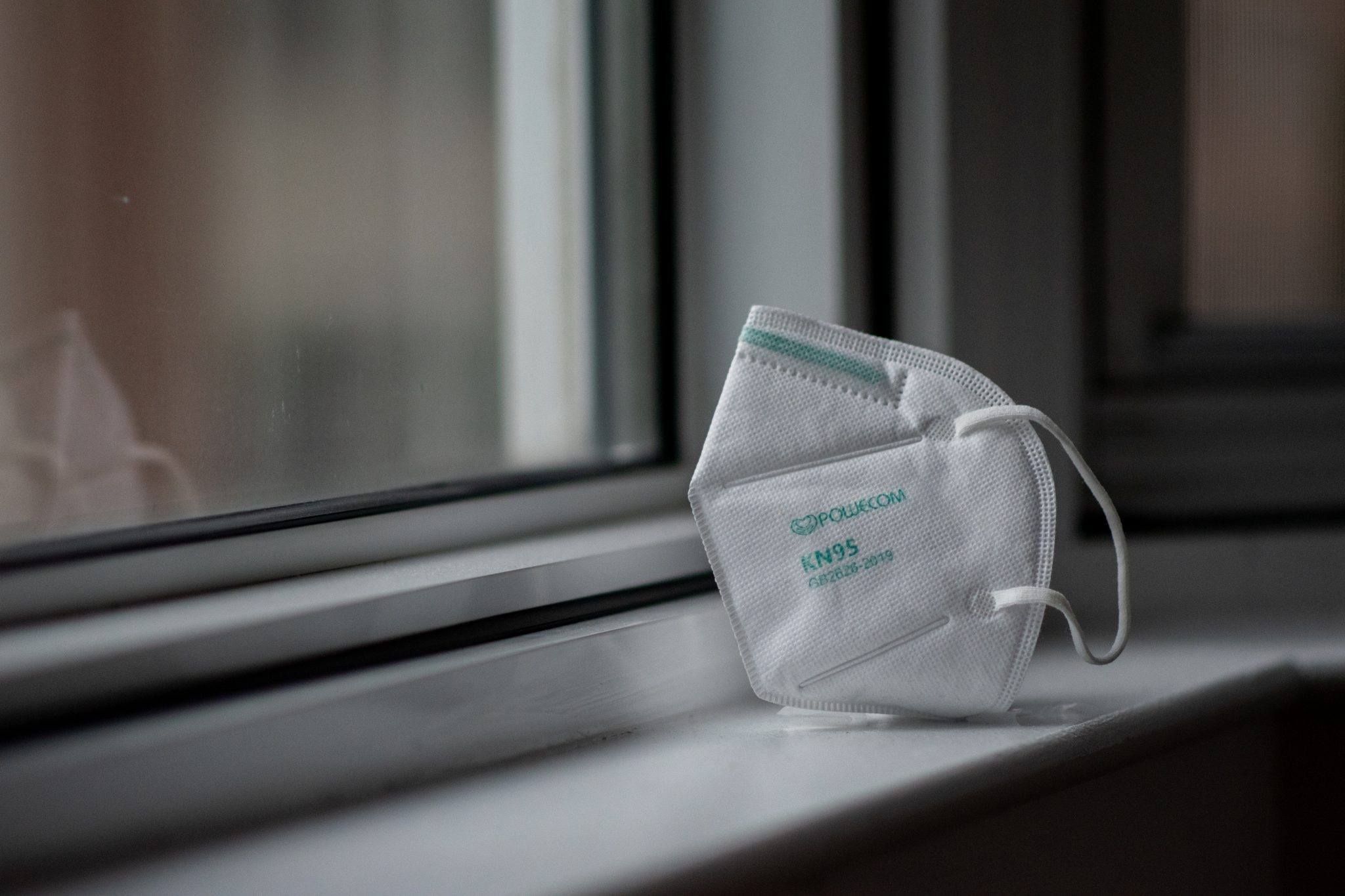Views expressed in opinion columns are the author’s own.
I hear a loud dry cough every five minutes, masks are popping up on faces around campus and rumors are spreading about certain dorm halls and floors becoming mini epicenters. COVID-19 cases are rising in Maryland.
The University of Maryland recently released a new isolation procedure to help combat the spread of COVID-19, but the plan has more holes than a sponge and provides more opportunities for continuing the spread of the virus than actually preventing it.
If a student tests positive, they are supposed to report their result through the KeepTerpsSafe portal and quarantine for at least five days until they test negative. To answer any COVID-19 and positive test result questions, students can call the HEAL Line.
At first, I thought this plan was a good way to protect students by keeping sick students away from healthy ones. However, I live less than an hour from the university and didn’t consider our many out-of-state and international students.
The university is not providing quarantine housing, but was kind enough to provide links to expensive hotels nearby. Out-of-state and international students can stay at these locations if they have hundreds of dollars to pay for a five-night stay — maybe longer if they don’t test negative on the sixth day.
But there is an obvious alternative to paying hundreds of dollars — lying. An out-of-state student who can’t go home and who cannot afford to quarantine in a hotel can simply lie and not report their COVID-19 status to the school. Unless a student makes an appointment, testing is often done at home.
While I’d hope my peers would not risk others’ health by lying, I can’t judge someone whose financial situation is so dire it leaves them with no choice but to lie. The university is accountable for ensuring our safety with equitable rules and procedures. Expecting students to spend hundreds of dollars in hotel fees is far from fair for all socioeconomic backgrounds.
Our university boasts alumni from all over the world and frequently invites people to speak, perform and visit the school, generating business for the hotels near campus. Members of the alumni association even have a special discount when staying at The Hotel at the University of Maryland. While hotels won’t directly benefit from providing discounted quarantine housing to students, they have an obligation to give back to the university. If alumni can have their own special discount, quarantining students should receive one too.
The Hotel at the University of Maryland and College Park Marriott Hotel & Conference Center need to work with university administration to open their doors to quarantining students and dedicate specific areas at a severely reduced cost. With the thousands of students already paying to stay in university housing, surely there is money available to sweeten this deal.
The hotels should designate a certain area for quarantining to keep other guests safe and make sure students have constant space. If they are to reap the rewards of being on the university campus, they ought to help the community that attracts customers.
Yet this only fixes half of the problem. Students should feel comfortable missing class when they are sick. Many professors contribute to students’ fear of missing class with rigid attendance policies and graded participation. Going to class is important, but not at the risk of compromising personal health and the health of others. Students need to know that if they test positive, they will not fall behind or become burdened with hours of missed work.
If a student discloses information about testing positive to instructors, they should provide accommodations to the student. Students should receive Zoom links or recorded versions of the full lecture or discussion missed. Students should be able to sit in on their missed classes while healing at home.
In addition, instructors should send notes from the class. They should adjust deadlines until students return to class so students don’t become overwhelmed with the amount of work they have due. Concerns about classwork should be the last worry until a student feels better and returns.
As a campus, we need to commit to doing all we can to prevent the spread of COVID-19. Before we can do this, we need a better COVID-19 isolation policy that is realistic and supportive for all students. The current policy is not considerate of all student backgrounds. I would rather not lose another freshman year to COVID-19. We need a more sensible COVID-19 procedure.
Lynelle Essilfie is a freshman public policy major. She can be reached at lessifi@terpmail.umd.edu.



